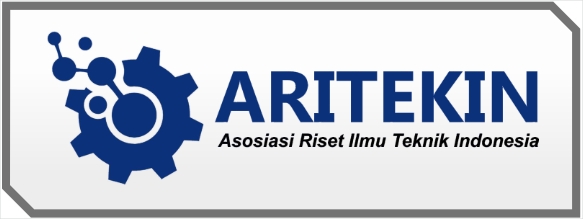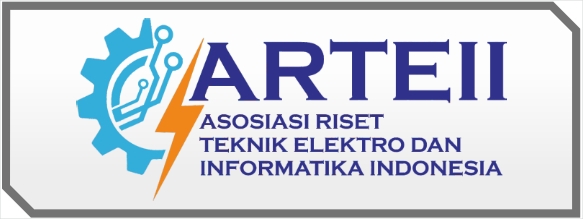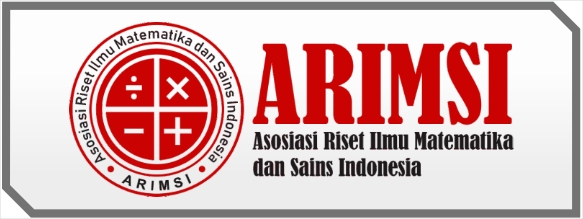Penerapan Balanced Scorecard Untuk Menilai Kinerja Pada Koperasi Karyawan PT. Kedawung Setia Industrial, Tbk
DOI:
https://doi.org/10.59581/jap-widyakarya.v2i1.2701Keywords:
Customer, Internal Business Process, Learning, GrowthAbstract
The purpose of this study is to evaluate the implementation of Balanced Scorecard (BSC) as a performance management tool in the Employee Cooperative of PT Kedawung Setia Industrial, Tbk. Qualitative research methods were used with interviews, questionnaires, observation, and document analysis as data collection techniques. The application of BSC in the Employee Cooperative of PT Kedawung Setia Industrial, Tbk helps measure and monitor overall performance, ensuring that financial, customer, internal business, and learning and growth perspectives become the main focus. The results showed that the performance of the Employee Cooperative of PT Kedawung Setia Industrial, Tbk, when viewed through the four perspectives of the Balanced Scorecard, can be categorized as quite good. The active involvement of the management, members, and related parties in the implementation of BSC is the key to success in improving the performance of the PT Kedawung Setia Industrial, Tbk Employee Cooperative. This research contributes to the understanding of the concept of performance management in the context of cooperatives and provides a basis for further development in improving the effectiveness of cooperative performance management. The findings of this study have practical and theoretical implications that can help decision makers in cooperatives and researchers in the field of cooperative management.
References
Ananda, N., & Pandin, M. Y. (2023). Metode Balanced Scorecard (BSC) Sebagai Alat Pengukur Kinerja Perusahaa Pada PT. Unilever Indonesia Tbk. Jurnal Mutiara Ilmu Akuntansi (JUMIA), Vol. 1, No. 2, 42-58.
Garaika, & Feriyana, W. (2020). Akuntansi Manajemen. Lampung Selatan: CV Hira Tech.
Hansen, D. R., & Mowen, M. M. (2013). Akuntansi Manajerial (Buku 1, Edisi 8 ed.). Jakarta: Salemba Empat.
Kaplan, R. S., & Norton, D. P. (1996). Menerapkan Strategi Menjadi Aksi: Balanced Scorecard. Jakarta: Erlangga.
Kurniawati, E. (2018). Pengaruh Akuntansi Manajemen, Kualitas Informasi, Efesiensi Biaya dan Ketepatan Waktu terhadap Kinerja Keuangan PT. Surya Sukses. Jurnal Profita, Vol. 11, No. 1, 21-22.
Putri, Y. A. (2021). Penerapan Pendekatan Balanced Scorecard Sebagai Tolok Ukur Kinerja terhadap Badan Usaha Berbentuk Koperasi (Studi Kasus pada Koperasi Pegawai PT. Sucofindo Cabang Surabaya).
Riadi, M. (2020). Pengukuran Kinerja (Pengertian, Tujuan, Syarat, Indikator, Model dan Proses). Retrieved Oktober 09, 2023, from https://www.kajianpustaka.com/2020/02/pengukuran-kinerja-pengertian-tujuan-syarat-model-dan-proses.html
Rosyida, N. (2021). Pengertian Koperasi: Sejarah, Fungsi, Tujuan, Prinsip, dan Jenisnya. Retrieved Oktober 04, 2023, from https://www.gramedia.com/literasi/pengertian-koperasi/
Sugiyono. (2022). Metode Penelitian Bisnis: Pendekatan Kuantitatif, Kualitatif, Kombinasi, dan R&D. Bandung: Alfabeta.
Tahirs, J. P. (2022). Analisis Balanced Scorecard dalam Menilai Kinerja Koperasi CU Mekar Kasih Makassar. Jurnal Economix, Vol. 10, No. 1.
















